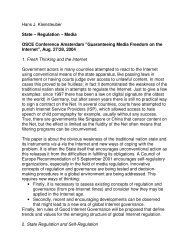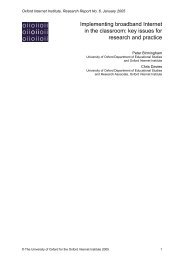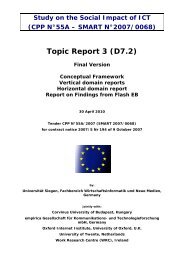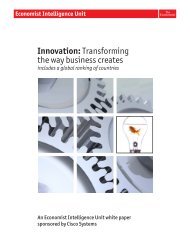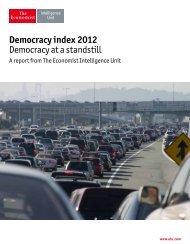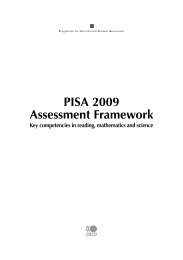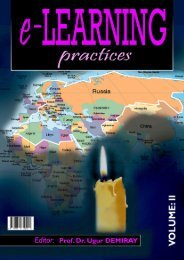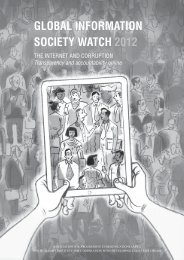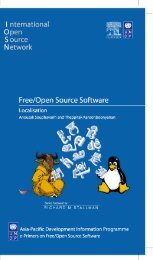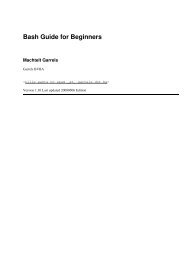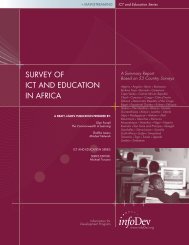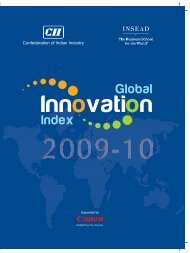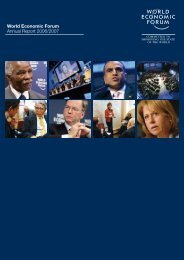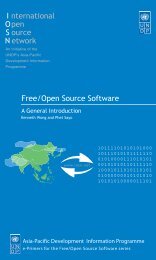1 PUBLIC POLICY FOR A KNOWLEDGE ECONOMY Joseph E ...
1 PUBLIC POLICY FOR A KNOWLEDGE ECONOMY Joseph E ...
1 PUBLIC POLICY FOR A KNOWLEDGE ECONOMY Joseph E ...
Create successful ePaper yourself
Turn your PDF publications into a flip-book with our unique Google optimized e-Paper software.
I want, however, to broader the discussion beyond these technical economic issues<br />
in three directions: to the role of knowledge in development, to the culture of the<br />
knowledge economy and to some of the implications of the new economy for democratic<br />
processes.<br />
I approach the problem of the knowledge economy from three perspectives: from<br />
that of a theorist, who has spent almost three decades thinking about the economics of<br />
information and knowledge; as Chairman of the Council of Economic Advisers, where we<br />
struggled with many of the same questions that are the focus of concern of your recent<br />
White Paper, 2 and, most recently, as Chief Economist at the World Bank. In hope to<br />
weave these three perspectives into my remarks this morning. I shall begin by looking at<br />
the problem from my current vantage point.<br />
<strong>KNOWLEDGE</strong> AND DEVELOPMENT<br />
Development Knowledge and the World Bank<br />
The World Bank is concerned with promoting growth and reducing poverty in the<br />
developing world. Our most recent World Development Report (1998/99) was devoted to<br />
the theme of Knowledge for Development— and I am of course glad to see it cited in the<br />
U.K. White Paper. For many years the received wisdom in economic development<br />
focused on building infrastructure and factories. Government officials could proudly show<br />
these constructions to visiting economists as the tangible evidence of development. The<br />
focus was on the “weighty economy”—if we use the metaphor of knowledge as the basis<br />
for the “weightless economy.” We now see this strategy as being seriously incomplete—<br />
indeed as only focusing on the “easy part” of development.<br />
Today the World Bank has shifted much of its emphasis to the intangibles of<br />
knowledge, institutions, and culture in an attempt to forge a more comprehensive New<br />
Development Framework for our work. 3 We want, for instance, to be a Knowledge<br />
2 Department For Trade and Industry (1998a).<br />
3 See Stiglitz (1998b).<br />
2



